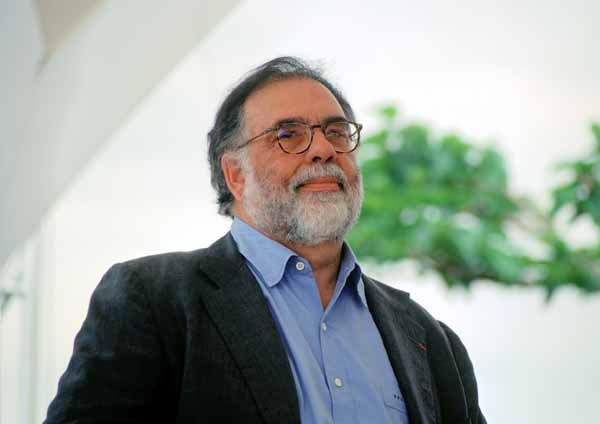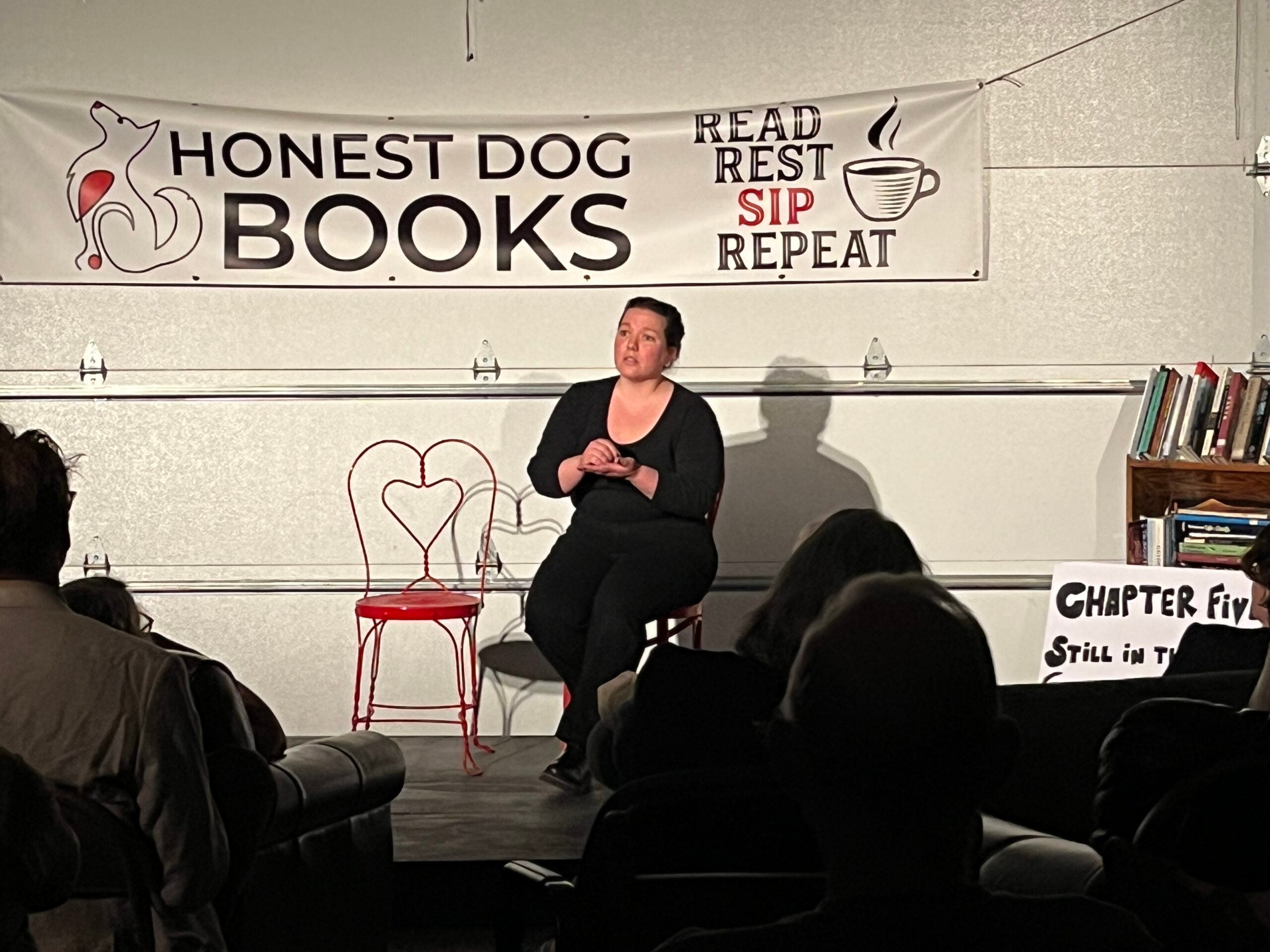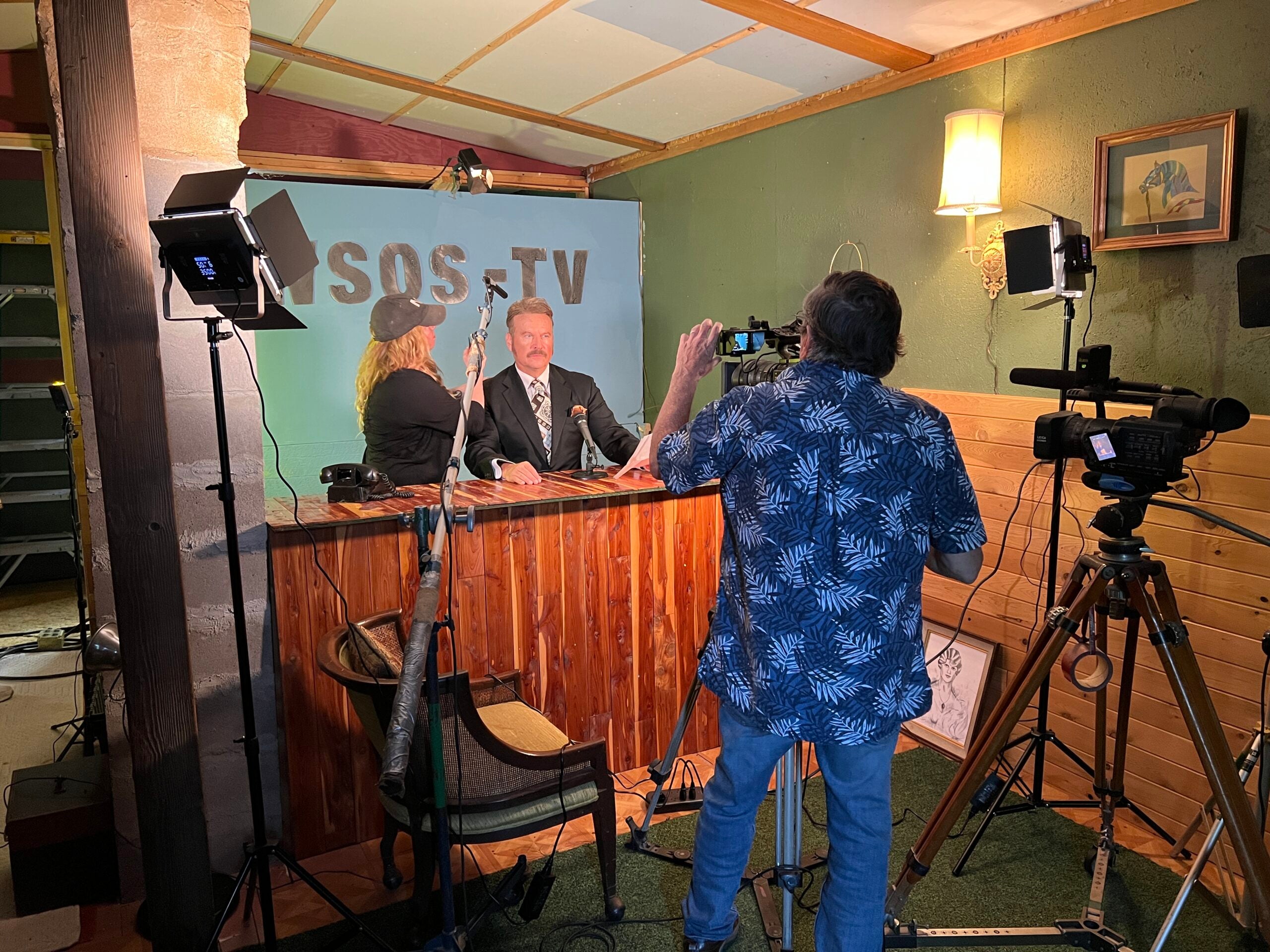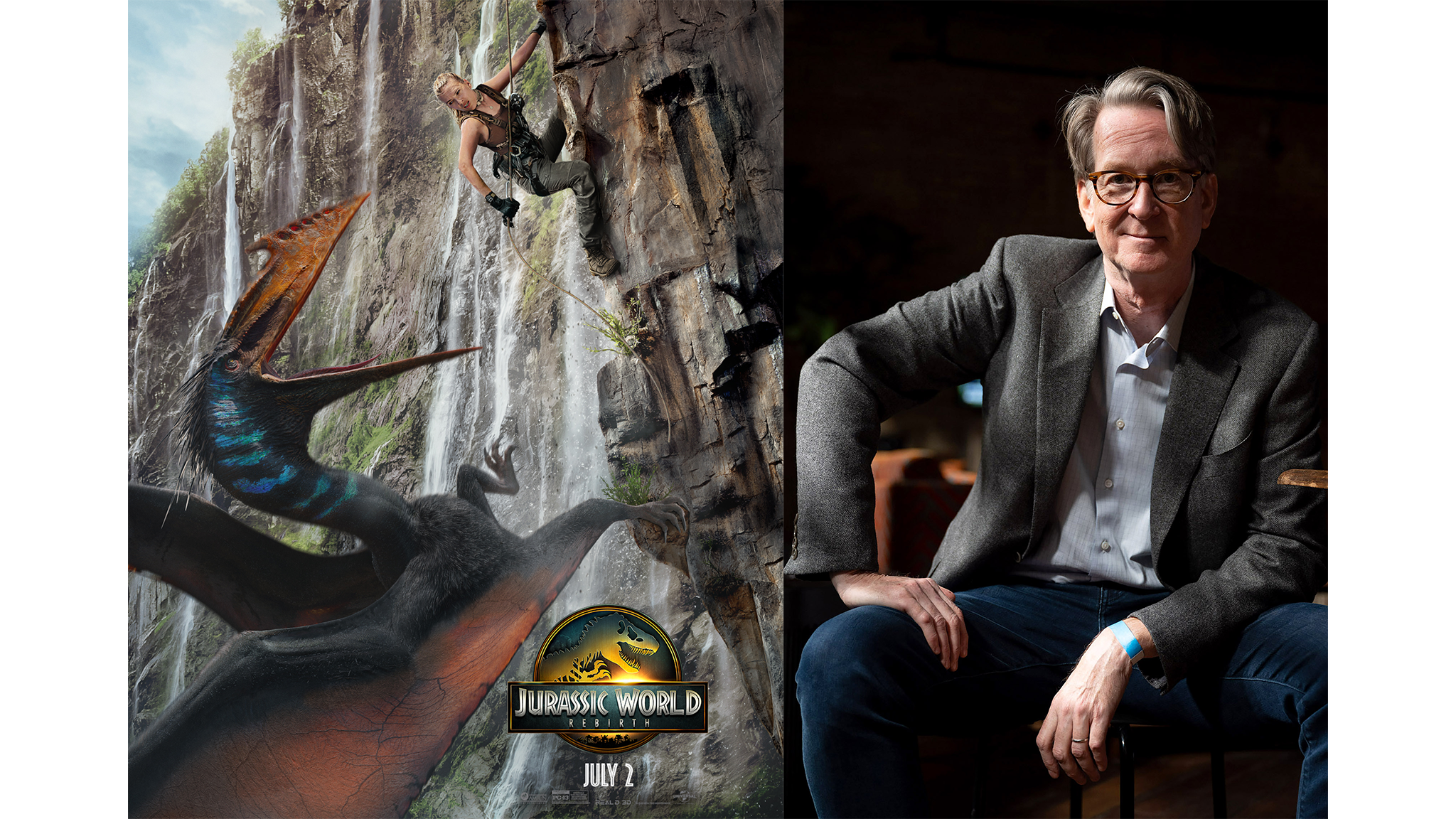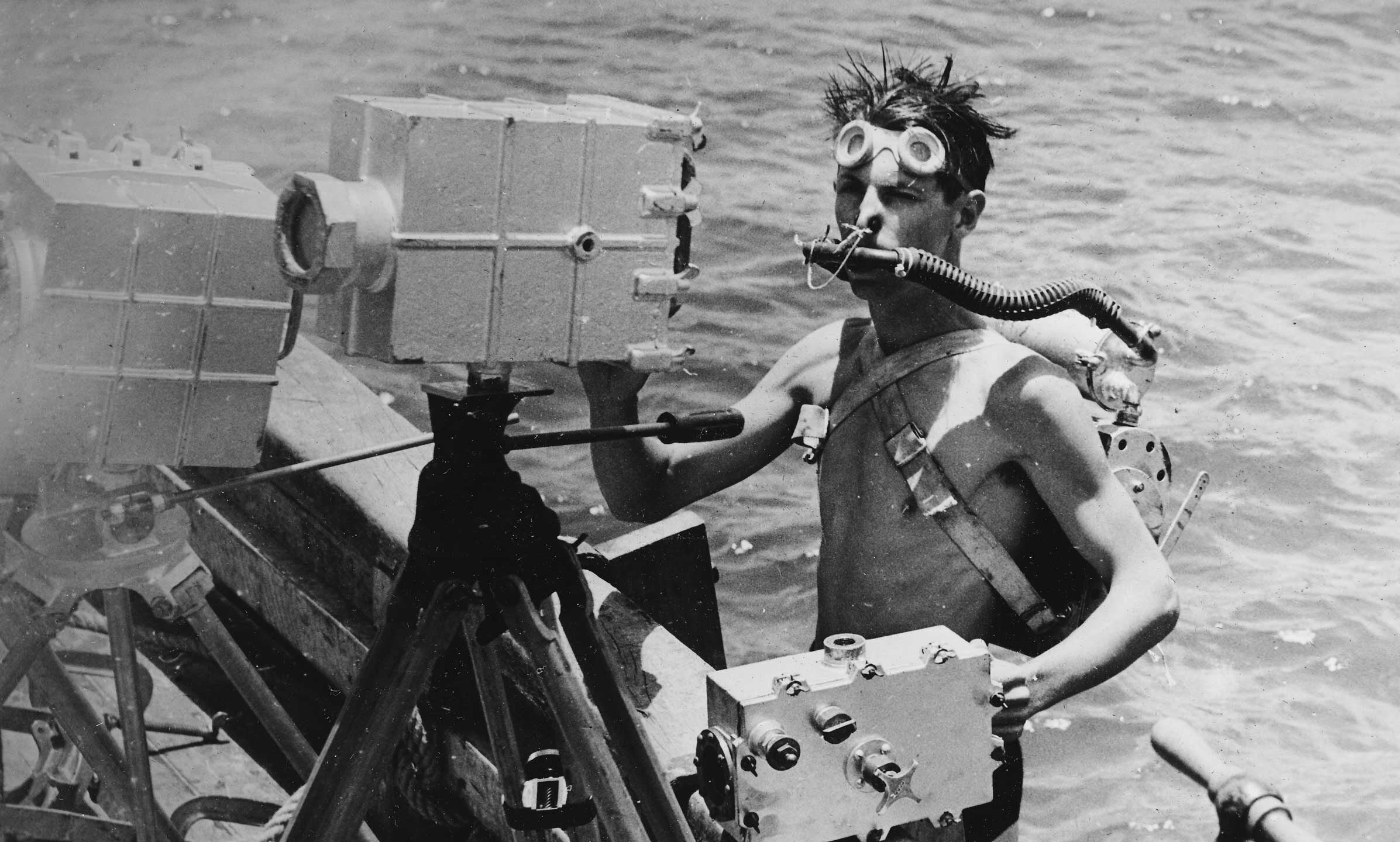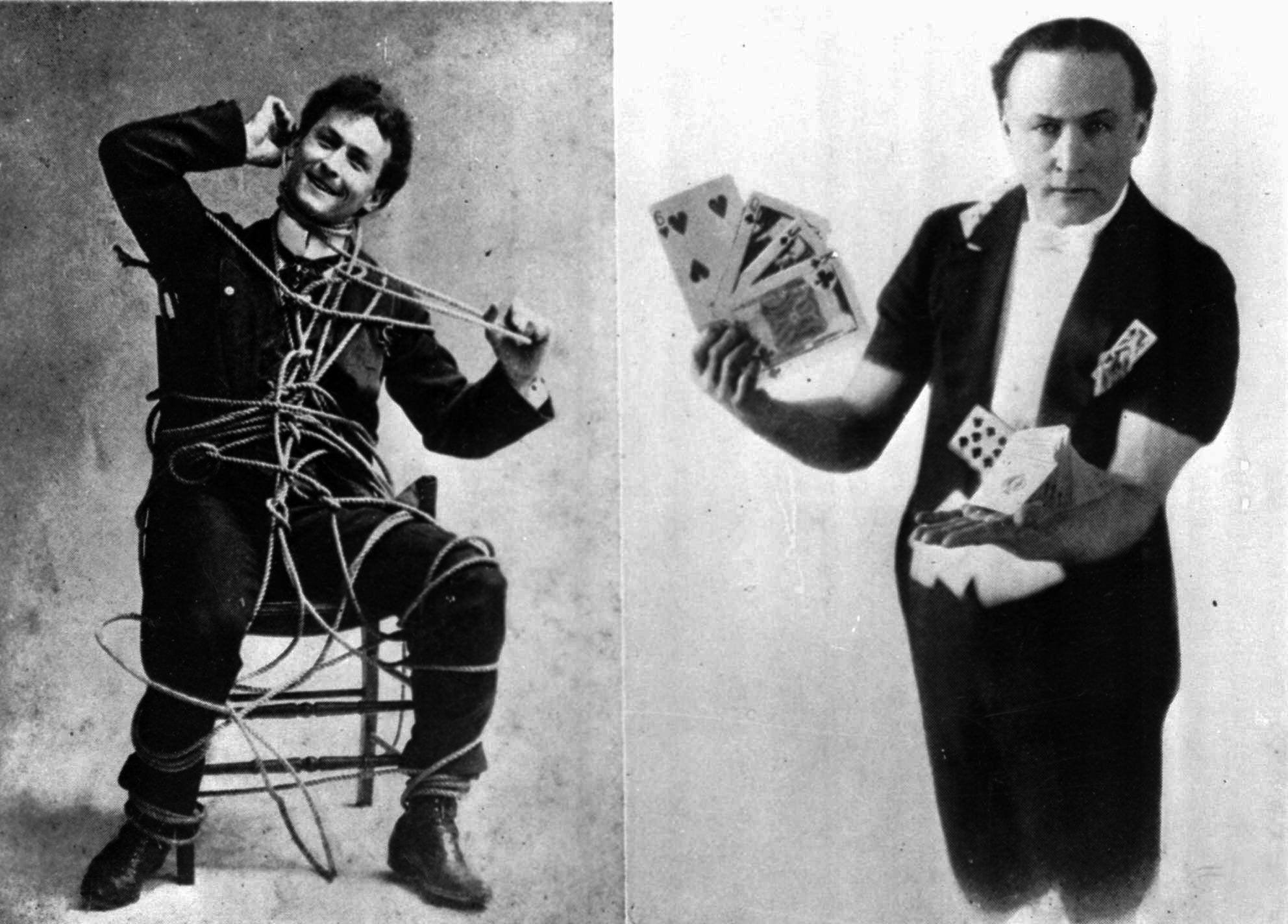Director Francis Ford Coppola once said he felt “like an idiot for having set in motion stuff that doesn’t make any sense” about his making of “Apocalypse Now.”
“And yet, I’m doing it,” he said in a documentary about the film, “Hearts of Darkness: A Filmmaker’s Apocalypse.” “And the reason I’m doing it is out of desperation because I have no rational way to do it. What I have to admit is that I don’t know what I’m doing.”
So, here’s a question. Would you trust that, despite Coppola’s comments, the film would still be worth watching?
News with a little more humanity
WPR’s “Wisconsin Today” newsletter keeps you connected to the state you love without feeling overwhelmed. No paywall. No agenda. No corporate filter.
Film author Sam Wasson thinks so. He also believes the story of Coppola and his artistic enterprise, American Zoetrope, is worth reading about.
WPR’s “BETA” thought so, as well. So, we sat down with Wasson to discuss his book, “The Path To Paradise: A Francis Ford Coppola Story.“
Book jacket pic
“I have been thinking about this book for a long time,” Wasson tells us. “I presented to Francis the idea that Zoetrope is some form of a utopia, a haven, not just for filmmakers, but a way for all people to be together. I didn’t realize in pitching that very idea that that was actually something that Frances had thought about and had been thinking about his whole life.”
Much of Hollywood’s elite has viewed Coppola’s career as a failure because he risked everything and lost numerous times. But Wasson doesn’t see it that way.
“What is a failure,” Wasson asks, “and what is a success when you’re talking about utopia? No one is going to build the perfect place that lasts forever. Utopia means a place from nowhere. So, how long does your utopia have to last before it can be called a success? Or does it simply have to last for a second or an instant? Which is the case with Francis’s many versions of Zoetrope.”
“They come, and then they go. That’s a success insofar as nobody else has gotten closer. Francis holds the record. And so, I wanted to celebrate that as opposed to what most of Hollywood has done, which is criticize Francis for being wasteful or not running his business properly. He is running his business properly. He’s just running it as Francis Ford Coppola.”
In Coppola’s mind, the need for American Zoetrope was partially due to frustration with the way Hollywood operated and a desire for an artistic community that worked to encourage creativity. Wasson sees Coppola as someone who wants to change the way Hollywood operates.
“Seeing the way the movie business worked and not understanding really why this business has to be run like a business and wanting to change that, believing that it’s passion that is good business when you’re making art. In other words, also wanting to mentor young filmmakers.”
“Francis was the first of his generation to break out and make it big. So, they all looked up to him. Spielberg, Lucas, Scorsese. Francis was their older brother.”
In the book, Wasson chronicles the making of Apocalypse Now, its many difficulties, and the psychological toll it took on Frances and his wife, Eleanor. Wasson thinks it was a rite of passage for both of them.
“We make art to be changed by it. If we’re going into a work of art, knowing how we will end up, then we’re just coloring by numbers. It must be a deep enough experience that we’re shocked by it. That takes a lot of courage, and it’s very dangerous.”
“What you get from it when it works is a deeper spiritual engagement with the world. Both Eleanor and Frances, for all they suffered on Apocalypse Now, came out deeper. It’s more spiritual, and that was something I wanted to add to the telling of this movie, whose story has been told by Eleanor in the fabulous movie Hearts of Darkness.”
In 1982, Coppola changed course and confessed that he was more interested in technology than he was in content. Considering all his great films, that idea seems counterintuitive.
So why did Coppola change his thinking? Wasson believes it’s because Coppola could see where the new technology was headed.
“He saw the new video technology that was emerging towards the end of Apocalypse Now as an ability to democratize the cinema,” Wasson tells us. “And that was part of his utopian ideal. So, his attention turned to developing that technology with the idea that we now take for granted, which is that everyone has a camera on their phone.”
“That’s where Francis wanted to move. He saw that future. Coppola felt with the advent of digital technology and even television, the combination of those two things, he foresaw streaming, too. His studio, Zoetrope Studios, aimed to introduce streaming ideas to the world.”
- Sam Wasson Guest
- Doug Gordon Host
- Steve Gotcher Producer

